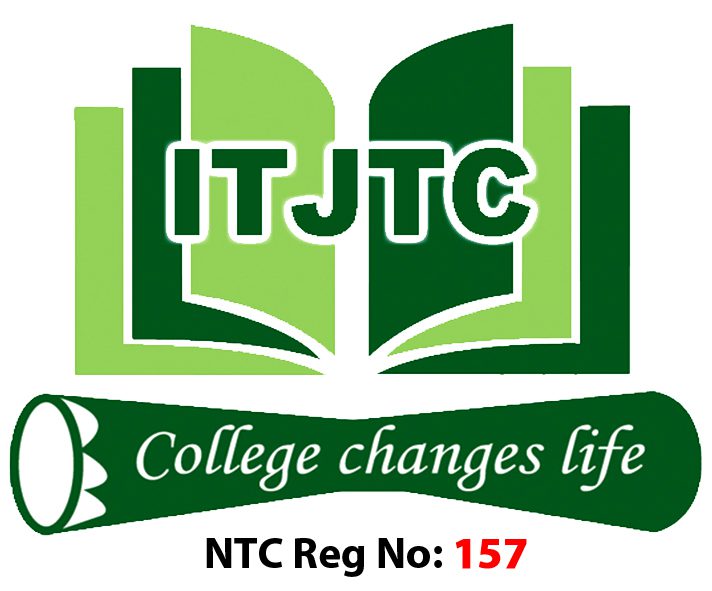Diploma in Business Management
8+8
UnitS
G12/Cert.
ENTRY REQUIRMENT
ILT/ONLINE
DELIVERY MODE
12M
Duration
K4900.00
COURSE FEE
Course OverView
This course of study provides students with an extensive understanding and knowledge of the practices and principles behind basic business management units. cover financial management, foundations of corporate administration, project management principles, human resources, and operations management. Enhancing a student’s decision-making and problem-solving skills.
Completing this course will help you:
May take part in the job opportunities include human resources manager, corporate communications director, business administrator, customer relations supervisor, marketing manager, and project management administrator, or be about to start up your onw business.
Who is the course for?
This course is suitable for learners who complete year 10 above, work people who wish to change career.
COURSE CONTENT
In This Unit, you will learn MS word intermediate level of skills, function and features to produce business documents, letters, etc. This is a essential skill in this computer world, to maintain effective communication and support in business management.
In This Unit, you will learn MS Excel application intermediate level skills, function and features to produce business related form, list, manage business data, calculation, etc. This is a another essential skill in this computer world, to main effective communication, clear records and support in business management.
Learning Objective:
o Define business process management and related concepts
o Recognize the vital role processes play in a business
o Appreciate the role of technology in process management
o Develop a vision to guide process improvement
o Understand how to design or enhance an existing process using the business process life cycle
o Construct a process map
o Perform a what-if analysis to improve your processes
o Implement and monitor process changes
o Identify how Lean and Six Sigma methods can assist in managing and improving processes
o Use a variety of tools and techniques to eliminate waste and redundancies
After you complete this course, you will be able to:
o Identify your project’s tasks and resources
o Order tasks using the Work Breakdown Structure
o Schedule tasks effectively
o Use basic planning tools such as a Gantt chart, PERT diagram, and network diagram
o Prepare a project budget
o Modify the project budget and schedule to meet targets
o Identify and manage risks
o Prepare a final project plan
o Execute and terminate a project
Develop and manage a change control process
Learning Objectives
At the end of this training, you will be able to:
o Apply problem solving steps and tools
o Analyze information to clearly describe problems
o Identify appropriate solutions
o Think creatively and be a contributing member of a problem solving team
o Select the best approach for making decisions
o Create a plan for implementing, evaluating, and following up on decisions
o Avoid common decision-making mistakes
Learning Objective:
o Identify the traits of an entrepreneur and assess their entrepreneurial capabilities
o Outline and evaluate a business idea
o Develop a product idea
o Identify their target market and customers
o Develop a value proposition
o Understand different types of business ownership and structures
o Evaluate franchising and business purchasing opportunities
o Create a pitch deck, executive summary, company presentation, technical white paper, and business plan
o Create financial projections for their business
o Identify where to find business funding
o Create a product development plan, marketing plan, and sales strategy
o Identify ways to protect their intellectual property
o Describe effective ways to brand their product
o Choose the right location for their business
o Launch and grow their business
o Demonstrate the behaviors of an entrepreneurial leader
o Find appropriate resources to help them on their journey
After complete this unit, you will learn:
- Research and analyze the individual components needed for a business plan
- Apply skills to create a business plan for different audiences, including investors, banks, and other stakeholders
- Explain the purpose and future of their business in easy to understand terms
- Use accounting terms to describe the future for their business
- Describe their marketing, sales, and planning strategies
Learning Objectives
At the end of this training, you will be able to:
o Understand the difference between ethics and morals
o Understand the value of ethics
o Identify some of your values and moral principles
o Be familiar with some philosophical approaches to ethical decisions
o Identify some ways to improve ethics in your office
o Know what is required to start developing an office code of ethics
o Know some ways to avoid ethical dilemmas
o Have some tools to help you make better decisions
o Be familiar with some common ethical dilemmas

